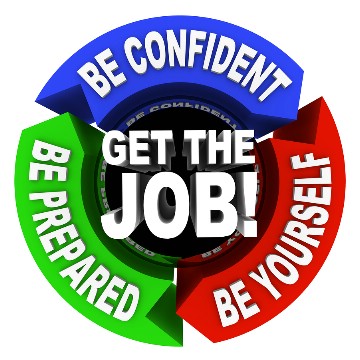 | |
Posted By: Hillary Burrows Date: July 2014
DCL is often asked by candidates: How should I prepare for a Behavioural Based interview?
There is nothing to fear about this style of interviewing as long as you are prepared. Behavioural interviewing is based on finding out how you behaved in the past in particular situations together with uncovering specific skill sets that are needed to succeed in a role. They can include questions surrounding your knowledge, skills, abilities and personal traits and the answers provided can be matched to specific role requirements, for example, team fit/company culture. It is these behaviour traits and the skills the interviewer is seeking rather than ‘correct’ answers.
Behavioural interviewing is viewed as a predictor of future behaviour and work ability, done so by delving into previous behaviours, skills and outcomes. When answering questions, always remember “honesty is the best policy “, do not lie, or fabricate answers.
Some examples of behavioural questions are:
1) Describe a time when you faced with problems or stresses at work that tested your coping skills? (looking for problem solving skills)
2) Give me an example of a problem you faced on the job, and tell me how you solved it? (looking for problem solving skills)
3) Can you give me an example of an important goal you set for yourself? (looking for motivation and drive)
4) Tell me about a situation in which you had to deal with a very upset customer? (looking for ability to handle conflict)
5) Tell me about a time when you had too many things to do and you were required to prioritise your tasks? (looking for time management and organisation)
In answering these questions, think of recent situations where you had to use certain skills sets, deal with a particular situation, work on a special project or solve a problem for example. Be aware of the type of motivators the interviewer may be angling at e.g. handling conflict situations, time management or drive and motivation. It is a good idea to consider the job description and requirements of the role in your preparation. If you remember the below 4 key elements and follow this structure to behavioural questions, you will sail through the interview with confidence!
- Describe the situation giving enough detail to be clear but ensuring you answer is concise and relevant. The interviewer will be looking for a specific situation, not a generalsiation or a hypothetical situation.
- Talk about the specific tasks and the skills used to get the result/complete the project.
- Explain what you did and the action you took to complete the task. Elaborate on what you were personally responsible for, not what you should/could have done, the interviewer wants to hear what you DID!
- And finally talk about the results and outcome of the situation. Once again highlighting your involvement and measurable tasks if applicable (e.g. time frames, budgets, processes).
Remember to do your research (with both your own background and experiences and the company and job description) and be as prepared as possible. This will reduce stress and allow you to feel confident and positive during the interview – allowing a more authentic you and the chance to put your best foot forward!
Back to News |